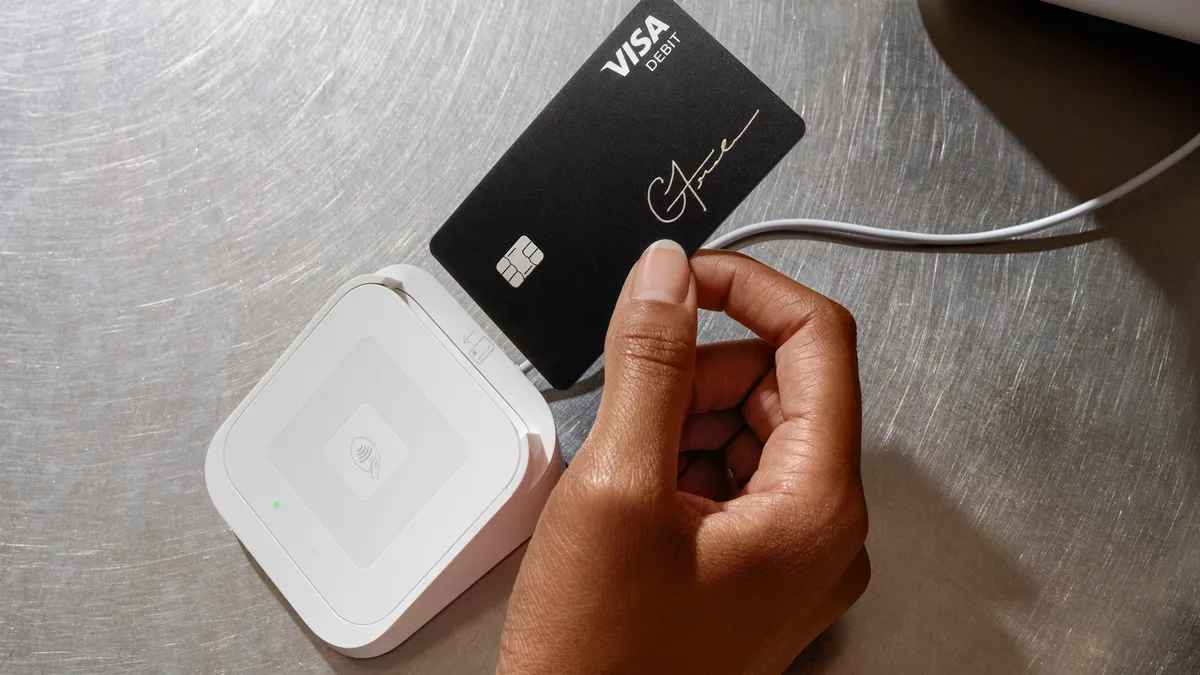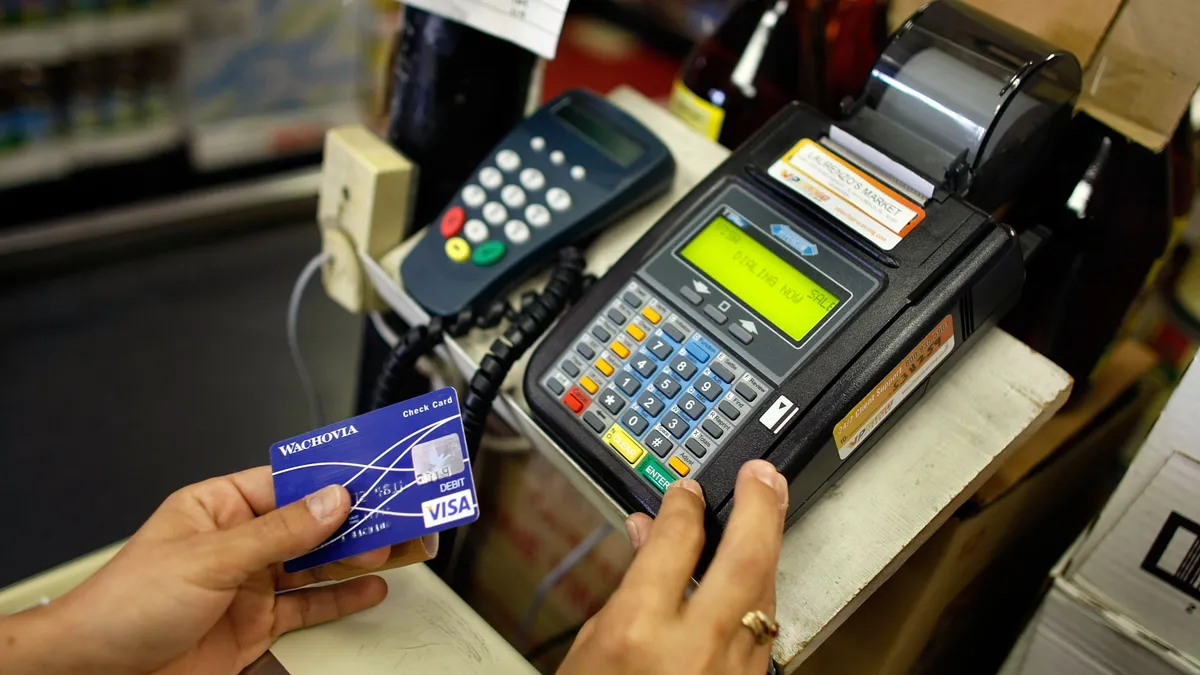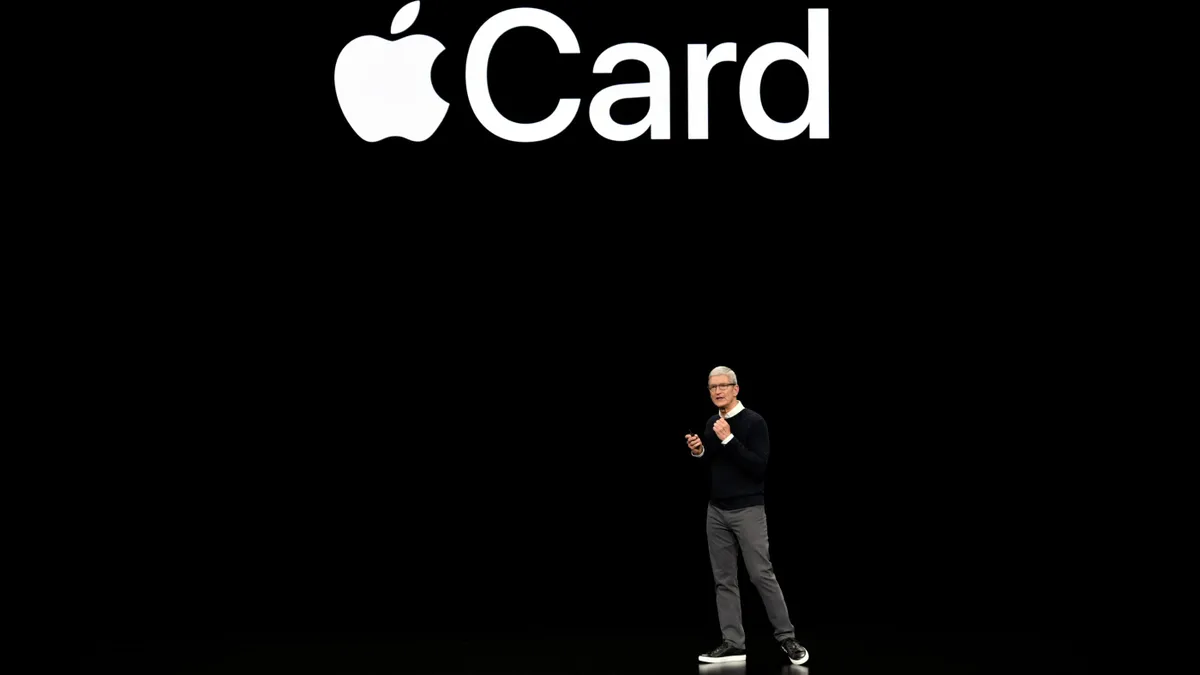Tech company Square’s plan to acquire Australian buy now-pay later company Afterpay underscores how a BNPL craze is catching on globally, not only with consumers, but also venture capitalists and competitors.
The trend, which lets consumers pay for purchases in installments, has mainly gained traction in Australia and parts of Europe, but it's making inroads in the U.S. While Afterpay was a pioneer in the area, competitors are proliferating. BNPL startups have become the latest fintech darlings for venture capitalists eager to back would-be winners in the payments arena. The competition will pressure Square's $29 billion bet on Afterpay.
BNPL is “a giant category, and there is clear consumer preference for this type of payment,” said Dana Stalder, a partner at San Francisco-based venture capital firm Matrix Partners whose firm invested in Afterpay early on. “I think that's evident in how fast Afterpay has grown, and it's also evident in the amount of competition that's coming in,” he said in an interview.
Stalder has his own personal proof of BNPL's popularity because Afterpay has delivered a big pay-off for his firm. With the sale of Square, Matrix’s initial $20 million investment in Afterpay has mushroomed into a $1 billion asset, said Stalder, who is also a director on Afterpay's board. That’s a 50-fold increase demonstrating the trend’s expansion and its prospects.
"Afterpay created a global phenomenon that has now become a category embraced by mainstream players across the industry — a category that is on track to take a meaningful share of global retail payments over the next decade," Stalder wrote in a blog post on Sunday.
Online retail activity skyrocketed with the COVID-19 pandemic, as consumers staying home to avoid the deadly virus shopped online. BNPL was a beneficiary of the broader e-commerce surge, but it's still a young trend.
Square and Afterpay executives raved about global growth prospects for their combined company on a conference call with analysts after announcing their merger Monday. “That opportunity to strengthen our combined product offering and acquire new customers together is profound when you think globally,” Square Chief Financial Officer Amrita Ahuja said on the call.
The companies aim to knit together Square’s small and medium-sized merchant clients with Afterpay’s larger retailer customers, like Target and Sephora. They'll also be combining the consumer users of their apps to drive more shoppers to those merchants.
Afterpay counts about 16 million consumer users worldwide, while a report from investment firm William Blair says Square has about 40 million monthly consumer users for its financial phone app. “The Square platform represents an attractive vehicle to cross-sell additional services,” according to the Monday research report from William Blair.
International ambitions
Afterpay has focused on its home market in Australia and nearby New Zealand while Square's business has targeted the U.S., and they’ve both expanded in Europe, but Square hasn’t had a BNPL product until now. Beyond North America, there are expansion opportunities for BNPL in Asia and Latin America.
Square’s mobile payments tool started out as a way to send and receive payments and now offers other options for storing, spending and investing money. With Afterpay, it's adding a battle-tested BNPL option.
Afterpay Co-CEO Nick Molnar said he believes it’s “early days” for BNPL with only 2% penetration or less across the world market. His Melbourne-based company was a pioneer in the BNPL arena when he and his Co-CEO, Anthony Eisen, co-founded the company in Sydney six years ago.
Upstart rivals backed by new capital are taking aim at the big BNPL target. Investors are even being drawn to bets on BNPL in faraway places. For instance, Chicago-based investment firm Victory Park Capital is providing debt financing to a BNPL player in Indonesia.
Competition mounts
Competitors include BNPL specialists such as Swedish behemoth Klarna and American competitor Affirm, as well as payments tech company PayPal, all battling for market share, especially in the U.S.
Giant payments incumbents are adding BNPL to their services menus to expand their franchises and safeguard their turfs. For example, major credit card companies, including Visa and Mastercard, have recently incorporated BNPL offerings.
In a survey of about 2,000 U.S. consumers online, the research firm C + R Research found that BNPL users preferred PayPal's BNPL service for financing their purchases, with 57% of the respondents opting for it, while 29% favored Afterpay, followed by 28% for Affirm and 23% for Klarna. Consumers use the financing for buying everything from furniture to electronics to clothing with some companies, such as Splitit, are seguing into services as well.
While BNPL hasn’t caught on in the U.S. as much as in Australia or Europe, Molnar said Afterpay’s recent six-month doubling of sales, reported in February, benefited from entering the U.S. market, which is now its biggest market and fastest-growing region. Nonetheless, Afterpay is still posting losses as it expands.
Some analysts question whether Square can continue expanding Afterpay's BNPL option at the current heady rate when competition continues to mount. “We expect further competition across the BNPL space — likely resulting in overall industry take-rates coming down over time,” the research firm Cowen said in a report Sunday following the acquisition announcement.
“We believe offering BNPL as one of many solutions within a digital “swiss-army knife” makes more sense as opposed to a standalone business longer-term, as we are dubious of claims of BNPL heralding the demise of credit or traditional debit,” the report added.
Whether the Afterpay acquisition equips Square to overcome competition from proliferating BNPL startups and stalwart payment incumbents remains to be seen, but catering to millions of merchants and consumers at one combined enterprise gives them a headstart as the BNPL arena expands.


















